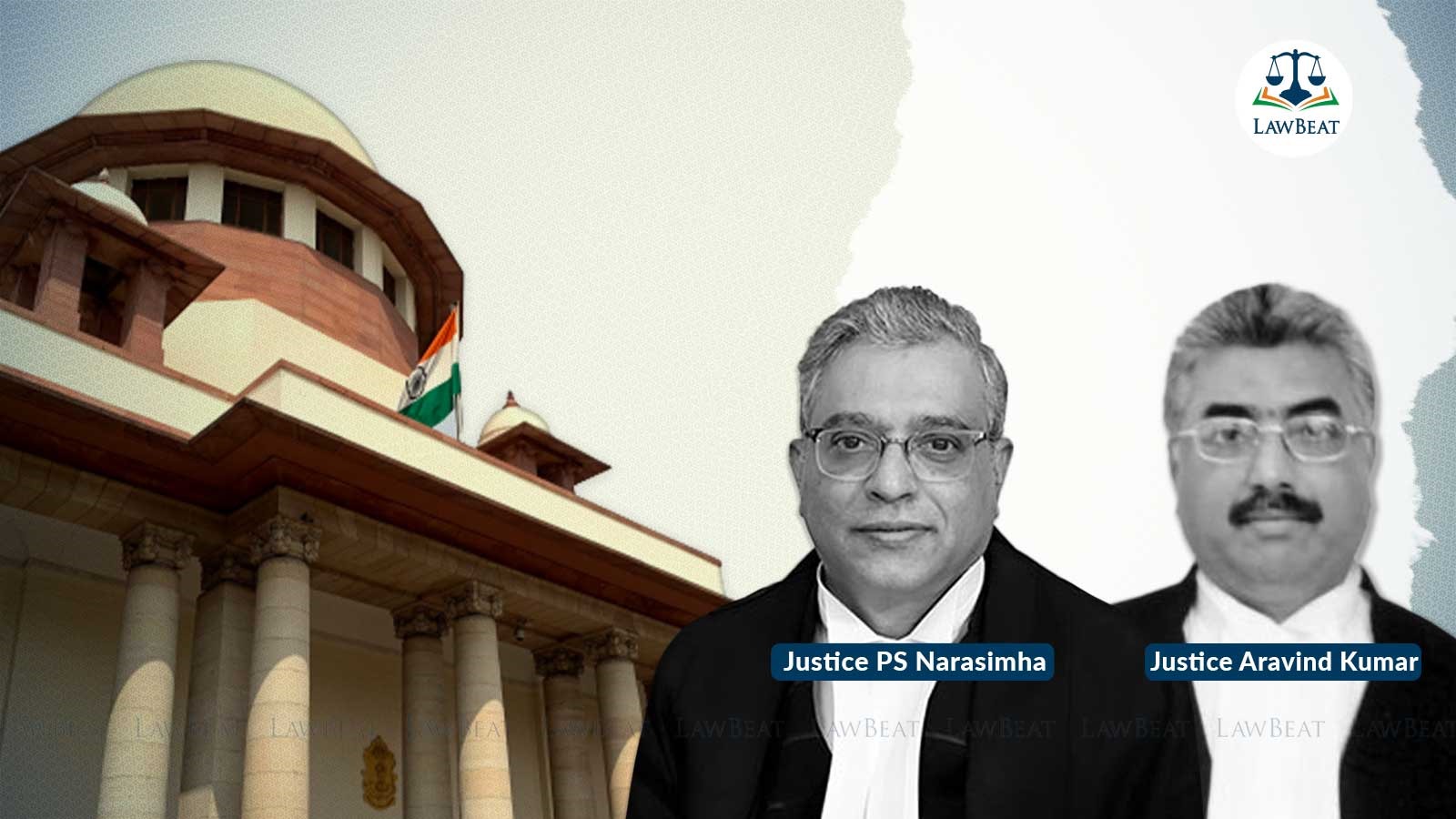In civil cases, standard of proof is by preponderance of probability: SC

Court said that there is a clear distinction between burden of proof and standard of proof and the distinction is well-known to civil as well as criminal practitioners in common law jurisprudence
The Supreme Court has said that there is a clear distinction between burden of proof and standard of proof, as while inquiring into whether a fact is proved, the sufficiency of evidence is to be seen in the context of standard of proof, which in civil cases is by preponderance of probability.
A bench of Justices P S Narasimha and Aravind Kumar dismissed a civil appeal by the Goa government against the final judgment by the Bombay High Court at Goa, which allowed the first appeal against the trial court's order of July 25, 2007 which had rejected a suit filed by one Maria Julieta D'Souza (D) & others.
The trial court had dismissed the suit for declaration of title on two grounds, first, the plaintiff could not establish her title by way of a clear document of title in her favour, second the suit was itself barred by limitation.
Acting upon appeal by the plaintiff, the high court had referred to various documents including deeds evidencing the presence of title in favour of the plaintiffs’ predecessor followed by their continuous possession and had ome to the conclusion that her title over the property was well-established.
So far as limitation was concerned, the high court had held that the suit was within the period of limitation, apart from also noting that the question of limitation was not pressed by the government before the trial court.
The state counsel submitted that the high court had wrongly shifted the burden of proof onto the State (defendant) rather than requiring the plaintiff to prove its title. She further submitted that the high court wrongly asked for proof of possession of the property rather than for proof of title of the property, which was the only inquiry in a suit for declaration.
Having considered the matter in detail, the Top Court said, "We are of the opinion that the High Court has correctly reappreciated the facts and evidence while exercising first appellate jurisdiction and has also followed the law as applicable in proving a suit for declaration. The High Court has also examined the plea of limitation and held that the suit is within the period of limitation".
The bench noted that the high court referred to multiple pieces of evidence, orders, and documents and strung them together to come to a clear conclusion that the title subsisted in the plaintiff.
"Suffice for us to say that these pieces of evidence were adduced and proved by the plaintiff alone. The High Court did not solely rely on the lack of evidence by the State to establish its own title in coming to its conclusion. Thus, the burden of proof was well-discharged by the plaintiff and the High Court correctly examined and concluded its findings based on the plaintiff’s evidence," the bench said.
On question of law, the court said that there is a clear distinction between burden of proof and standard of proof.
"This distinction is well-known to civil as well as criminal practitioners in common law jurisprudence," the bench said.
"This is not an issue of burden of proof. This is a matter relating to the sufficiency of evidence. While inquiring into whether a fact is proved, the sufficiency of evidence is to be seen in the context of standard of proof, which in civil cases is by preponderance of probability. By this test, the High Court has correctly arrived at its conclusion regarding the existence of title in favour of the plaintiff on the basis of the evidence adduced," the bench pointed out.
Case Title: Government of Goa Through the Chief Secretary Vs Maria Julieta D'Souza (D) & Ors
